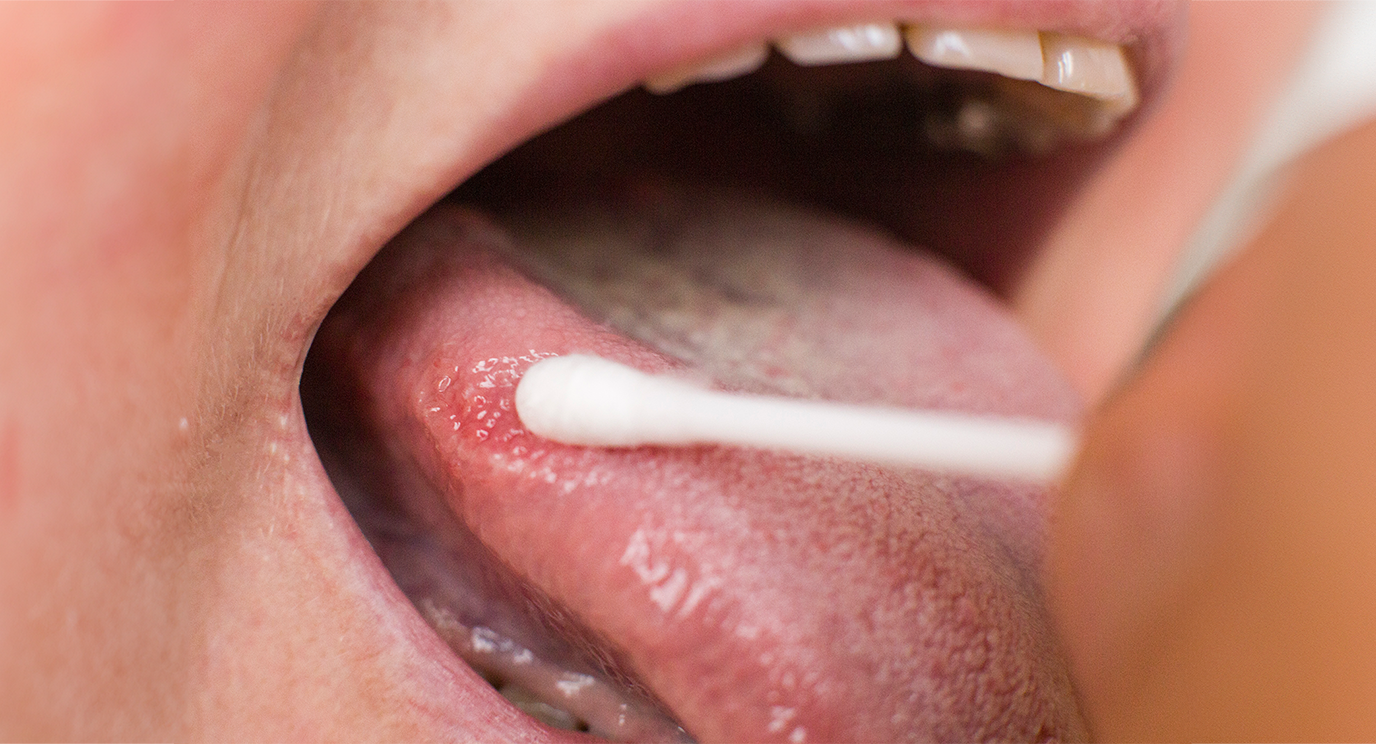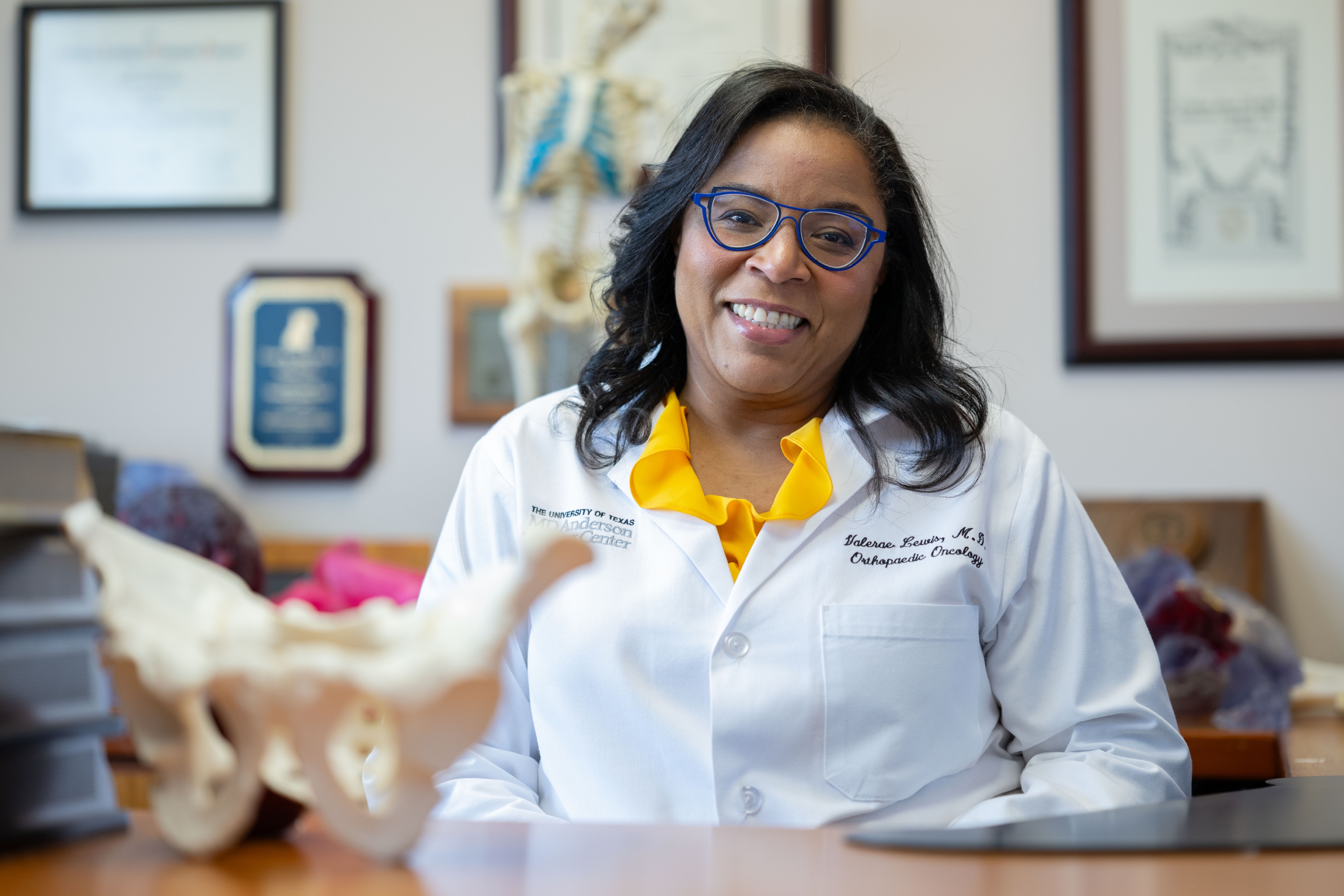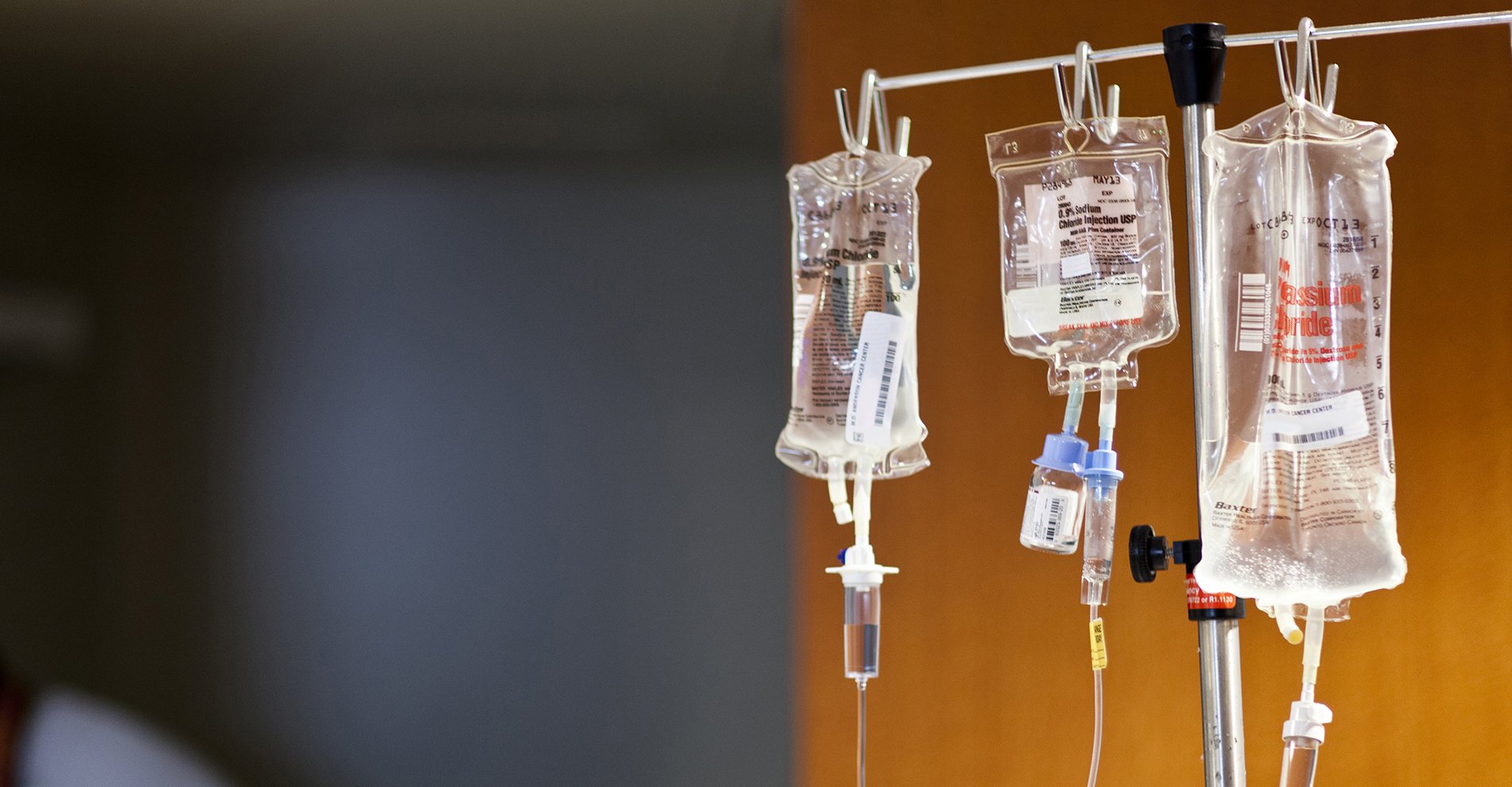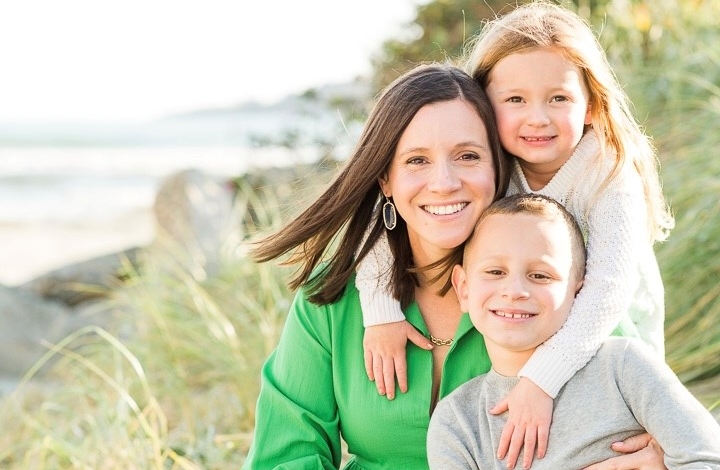- Diseases
- Acoustic Neuroma (14)
- Adrenal Gland Tumor (24)
- Anal Cancer (68)
- Anemia (2)
- Appendix Cancer (16)
- Bile Duct Cancer (26)
- Bladder Cancer (72)
- Brain Metastases (28)
- Brain Tumor (232)
- Breast Cancer (714)
- Breast Implant-Associated Anaplastic Large Cell Lymphoma (2)
- Cancer of Unknown Primary (4)
- Carcinoid Tumor (8)
- Cervical Cancer (158)
- Colon Cancer (166)
- Colorectal Cancer (118)
- Endocrine Tumor (4)
- Esophageal Cancer (44)
- Eye Cancer (36)
- Fallopian Tube Cancer (8)
- Germ Cell Tumor (4)
- Gestational Trophoblastic Disease (2)
- Head and Neck Cancer (12)
- Kidney Cancer (128)
- Leukemia (342)
- Liver Cancer (50)
- Lung Cancer (286)
- Lymphoma (278)
- Mesothelioma (14)
- Metastasis (30)
- Multiple Myeloma (100)
- Myelodysplastic Syndrome (60)
- Myeloproliferative Neoplasm (6)
- Neuroendocrine Tumors (16)
- Oral Cancer (100)
- Ovarian Cancer (172)
- Pancreatic Cancer (160)
- Parathyroid Disease (2)
- Penile Cancer (14)
- Pituitary Tumor (6)
- Prostate Cancer (146)
- Rectal Cancer (58)
- Renal Medullary Carcinoma (6)
- Salivary Gland Cancer (14)
- Sarcoma (238)
- Skin Cancer (296)
- Skull Base Tumors (56)
- Spinal Tumor (12)
- Stomach Cancer (64)
- Testicular Cancer (28)
- Throat Cancer (92)
- Thymoma (6)
- Thyroid Cancer (98)
- Tonsil Cancer (30)
- Uterine Cancer (80)
- Vaginal Cancer (16)
- Vulvar Cancer (20)
- Cancer Topic
- Adolescent and Young Adult Cancer Issues (20)
- Advance Care Planning (10)
- Biostatistics (2)
- Blood Donation (18)
- Bone Health (8)
- COVID-19 (362)
- Cancer Recurrence (120)
- Childhood Cancer Issues (120)
- Clinical Trials (632)
- Complementary Integrative Medicine (22)
- Cytogenetics (2)
- DNA Methylation (4)
- Diagnosis (232)
- Epigenetics (6)
- Fertility (62)
- Follow-up Guidelines (2)
- Health Disparities (14)
- Hereditary Cancer Syndromes (126)
- Immunology (18)
- Li-Fraumeni Syndrome (8)
- Mental Health (116)
- Molecular Diagnostics (8)
- Pain Management (62)
- Palliative Care (8)
- Pathology (10)
- Physical Therapy (18)
- Pregnancy (18)
- Prevention (918)
- Research (392)
- Second Opinion (74)
- Sexuality (16)
- Side Effects (604)
- Sleep Disorders (10)
- Stem Cell Transplantation Cellular Therapy (216)
- Support (402)
- Survivorship (322)
- Symptoms (182)
- Treatment (1786)
Helping My Dad Get Through Cancer Treatment
3 minute read | Published February 16, 2012
Medically Reviewed | Last reviewed by an MD Anderson Cancer Center medical professional on February 16, 2012
Carla Fallick is the daughter of patient at the MD Anderson Regional Care Center in Katy. She works and lives in New York City and when her father was diagnosed with oral cancer, she came up with creative ways to help him get through cancer treatment.
About a month ago, when life seemed to be going as perfect, as it could for a carefree 23-year-old living in New York City, my dad was diagnosed with oral cancer.
Initially, I was shocked. I just couldn't believe it. My dad, my hero, my rock and the strongest, kindest, most intelligent man I know has cancer. How could this be?
I had never been so scared.
The only way I can describe my emotions, since that day, is like riding on a roller coaster. I have my ups and downs that all depend on how my dad is feeling that day.
One of the hardest things about having a loved one with cancer is feeling helpless. You know you can't do anything to change his diagnosis and you wish you that you could receive the treatment for him so he wouldn't have to go through it.
Tips to make the journey easier
Here are some suggestions, based on my experience, for helping a loved one cope with cancer:
1. Offer support. Whether it's a quick phone call or a home- cooked meal, figure out what that person needs and offer it to him. Since my dad is a talker, I call him every day to see how he's doing. I make sure he's feeling OK, eating properly and getting plenty of rest. Unfortunately, I can't be there with him, but I know that my sometimes-excessive calls mean a lot to him.
3. Get some supplies. I made my dad a special chemotherapy care package right before his first treatment that he still raves about.They sell care packages online for chemo patients that are great, but I prefer a personalized one.
In my dad's care package I included a few cancer survival books, a beanie to keep his head warm, a cozy scarf and, of course, his favorite -- cushiony slippers. Patients need comfortable clothes to lounge around in the hospital. They also need plenty of reading material because treatment can take a while. Make your loved one feel pampered, even though he is in the hospital. Every little thing helps.
3. Have a little fun. Just because you have cancer doesn't mean you can't enjoy life. You can still do some of the things that make you happy. Whether it's a funny movie or a nice song, try to find things to enjoy.
In my family we like to dance. Despite the fact that none of us are what you would call "dancers," we still love to do it. My dad picks an inspirational song every night and the whole family dances. It's the best way to let loose for a couple of minutes. Our favorite song is "Get Up, Stand Up" by Bob Marley, but we have an entire playlist for uplifting music such as, "I Will Survive," by Gloria Gaynor, "Beat It," by Michael Jackson, "Don't Worry, Be Happy," by Bobby McFerrin and "We Are The Champions," by Queen.
Cancer. It's a scary word.
As my dad likes to say, he doesn't have cancer, he is FIGHTING cancer! What I want him to know is that he isn't fighting cancer, WE ARE ALL fighting cancer.
Related Cancerwise Stories

What I want [my dad] to know is that he isn't fighting cancer, WE ARE ALL fighting cancer.
Carla Fallick
Caregiver





